
Kheerganga Trek is a popular trekking route in Himachal Pradesh. It includes mountain paths, waterfalls, green forests, and a natural hot spring. It is suitable for healthy and new trekkers, but some parts have steep climbs and rocky paths, which can be challenging. The trek is around 12 kilometers long and is located at a height of 2,960 meters. It usually takes 4–6 hours to complete. There are three main routes – Barshaini, Tosh Village, and Kalga. Among them, the Barshaini route is the most popular and easiest. Summer (April to June) is the best time to do this trek, but during the monsoon and winter, it becomes more difficult. Proper gear, physical preparation, and carrying enough water and food are very important.
What is the Kheerganga Trek, and why is it popular?
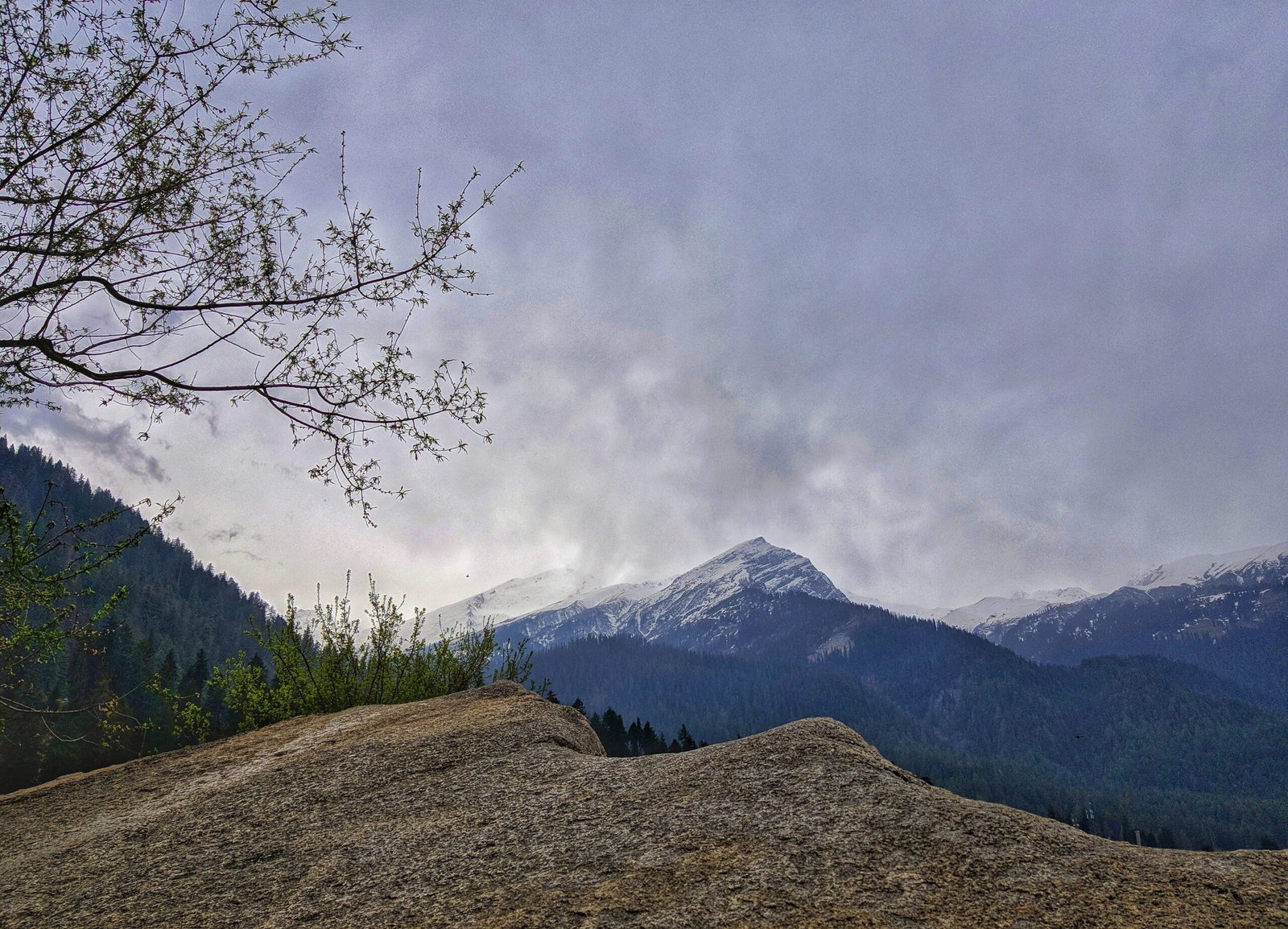
Kheerganga Trek is a popular trekking route in the mountains of Himachal Pradesh, India. It is located in the beautiful Parvati Valley. The trek includes mountain trails, green forests, waterfalls, and a natural hot spring. The final destination, Kheerganga, is a unique and beautiful place where visitors can relax by bathing in warm water. From here, you can enjoy views of snow-covered mountain peaks. Because of its natural beauty and sense of adventure, it is one of the most popular trekking spots in India.
Is it suitable for beginners?
Kheerganga Trek is quite suitable for beginners. It is a relatively easy trek, where you have to walk around 10–12 kilometers. The path is hilly but not very dangerous. Since it is beginner-friendly, people who are physically fit and walk slowly can complete it easily. There are some steep climbs, which might be a bit challenging for new trekkers. But with proper preparation, beginners can have a great and enjoyable experience.
Difficulty Level of Kheerganga Trek
Kheerganga Trek is usually considered a medium-level trek. It is good for both new and moderately experienced trekkers. It is not very hard, but a few places have steep climbs and rocky paths, which can make it a little challenging. Anyone who is physically fit and patient can complete this trek successfully.
Personal Opinion
Kheerganga Trek was an unforgettable experience for me. When I went trekking for the first time, I had many questions in my mind. But after starting the trek, I realized how fun and amazing it can be. The path was sometimes flat, sometimes steep, and in some places, walking on rocks made my legs feel tight. But when I saw mountain rivers and waterfalls along the way, all my tiredness went away.
The best part was taking a bath in the hot spring after reaching Kheerganga – I felt deep physical and mental peace in nature. I chose the Barshaini route, which was very suitable and easy for beginners. Some places were a bit steep, but since I walked slowly, it wasn’t a big problem.
It was truly an adventure. I learned that it is important to be physically prepared and know the route before trekking. Also, don’t forget to carry water, food, and good-quality trekking gear – they are really helpful along the way.
Trek Route Length and Altitude
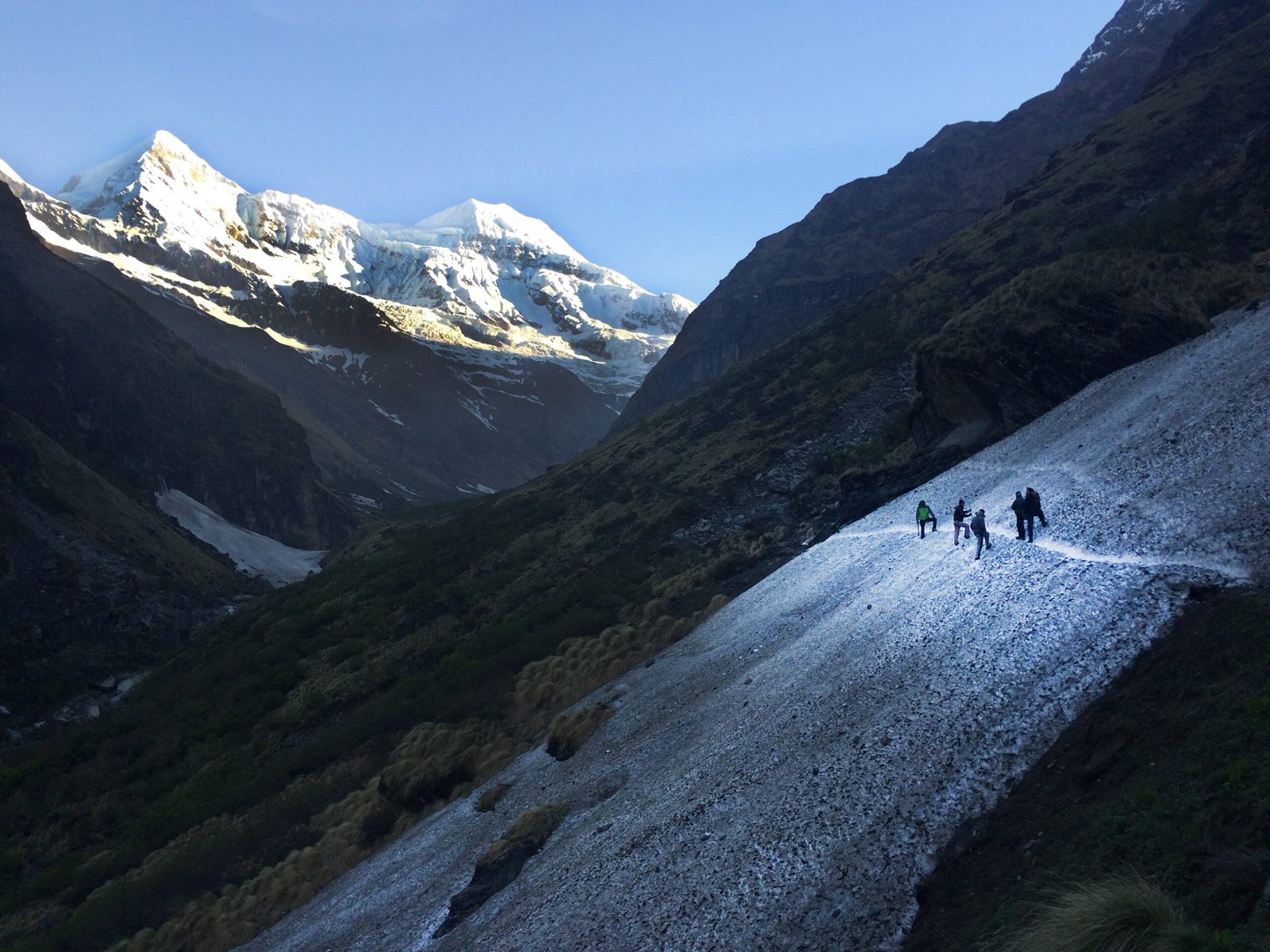
The total length of this trek is about 12 kilometers, and the final destination, Kheerganga, is at an altitude of 2,960 meters (around 9,711 feet). Usually, it takes 4–6 hours to complete this trek, but the time may vary depending on a person’s fitness and pace. Because of the altitude, some trekkers may feel light-headed or short of breath, so it is wise to go slowly.
Type of Path
The Kheerganga trekking route is quite diverse. The path includes dirt trails, rocky paths, steep climbs, waterfall crossings, and narrow trails. In some places, the trail can be narrow and slippery, especially during the rainy season. Along the way, you will find beautiful forests, rocky paths by the river, and sometimes wooden bridges, which make the trekking experience even more interesting.
Who Is It Perfect For?
This trek is perfect for beginner and intermediate trekkers. Even those with no trekking experience can do it, but they need to be physically prepared. For complete beginners, walking slowly and taking breaks is important. For expert trekkers, this might seem relatively easy, but they can make it more challenging by trekking during snowy winter conditions. For beginners, it is better to avoid the monsoon and trek in summer or autumn.
Route Options and Their Challenges
There are generally three main routes for the Kheerganga Trek – the Barshaini route, the Tosh Village route, and the Kalga route. Each route has its features and challenges. It’s best to choose a route based on your fitness level and experience.
Barshaini Route – Most Popular and Easiest Route
The Barshaini route is the most popular and easiest path for the Kheerganga Trek. Most trekkers use this route because it is direct and relatively less challenging. The path includes beautiful green forests, small waterfalls, and scenic views along the Parvati River. Even with little trekking experience, it is easy to go through this route. However, there are a few steep sections that might be slightly tiring. This is the best option for beginners.
Tosh Village Route – Comparatively Difficult but Very Beautiful
For those who want to enjoy more scenic views and are ready for a bit of a challenge, the Tosh Village route is a great option. This route is comparatively difficult, as it includes some rocky paths and steep climbs. But from here, you can enjoy amazing views of the Parvati Valley, which are even more enchanting than those on the Barshaini route. Trekkers can also stay overnight in Tosh Village, which is a popular hippie hangout. However, this route might be a bit tough for beginners.
Kalga Route – Least Used but Comparatively Easy
The Kalga route is less popular, but it is an easy and peaceful path. This route is mostly used by experienced trekkers because it is less crowded and gives a chance to enjoy solitude in nature. The path is mostly surrounded by trees, which provide shade on hot days. But unlike the Barshaini route, the trail here is not very clear, so it can be confusing for first-time trekkers. For those who don’t like crowds and want a quiet trek, this can be a good option.
Which Route Should You Choose?
For beginners: Barshaini Route
If you like adventure and beautiful views, the Tosh Village Route
If you want a peaceful and less crowded experience, the Kalga Route
Each route has its beauty and challenges, so you should choose the right one based on your skills and comfort.
Physical Fitness and Preparation
To do the Kheerganga Trek, being physically fit and prepared is very important. Even though it is beginner-friendly, it can be hard to enjoy the whole trek without some level of physical fitness. You will need to walk for a long time and climb steep sections, so it’s important to prepare your body. Those who don’t usually trek or exercise should start preparing early to make the trek easier and more enjoyable.
What Kind of Fitness Is Needed?
The Kheerganga Trek mainly requires cardio, stamina, and balance training.
- Cardio Fitness: Since you will walk a long distance and climb to high places, it’s important to improve your heart and lung strength. Activities like running, brisk walking, cycling, or swimming can help.
- Stamina: Your body needs to be able to work hard for a long time. Walking or running for 30–45 minutes daily can help improve stamina.
- Balance Training: Keeping balance while walking on hilly paths is important. Yoga, squats, lunges, and low-intensity strength training can help during the trek.
How to Prepare?
Preparing early will make the trek easier and less tiring for your body.
- Pre-Trek Exercise: Start walking 5–7 kilometers daily at least 2–3 weeks before the trek. Slowly increase your walking time and distance.
- Walking Practice: Practice walking on uneven ground to get used to trekking in hilly areas. If possible, try going up and down stairs to strengthen your leg muscles.
- Backpack Management: You will need to carry essential items in your backpack during the trek. Practice carrying a 3–5 kg backpack while walking. This will make the real trek feel lighter.
People who focus on their fitness ahead of time will find the Kheerganga Trek much easier and more enjoyable. With proper preparation, your body will feel less tired, and you will be able to complete the journey nicely.
Challenges Based on Weather and Season
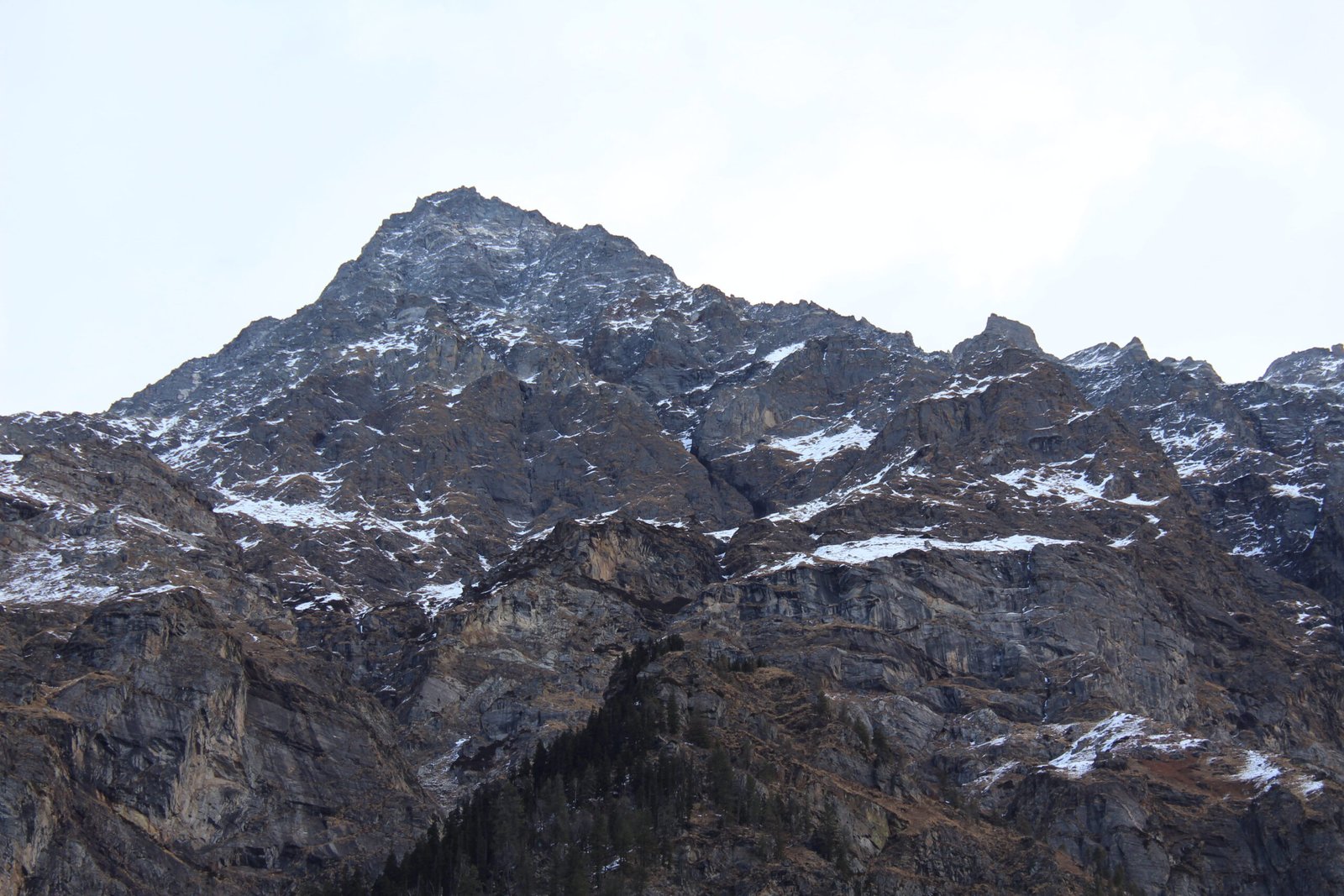
The experience of the Kheerganga Trek depends a lot on the weather. The condition of the trail changes with the season, so it’s important to know which time of year is best. Usually, you face different challenges in summer, monsoon, and winter.
Summer (April–June) – Easy and Comfortable
Summer is the best time to do the Kheerganga Trek. The weather is mildly cold, the path is clear, and you can enjoy the green beauty around. It might feel hot during the day, but the nights are pleasant. There is no snow at this time, so the trek is easier for beginners. Summer is ideal for first-time trekkers.
Monsoon (July–September) – Slippery and Risky
Trekking during the monsoon can be risky because of heavy rain, which makes the trail very slippery. Dirt paths get muddy, river water rises, and wet rocks increase the chance of slipping. Still, if someone enjoys adventure in the rain, they can come during this season. But there may be issues like fungus and leeches, so carrying good trekking shoes and a rain cover is very important for safety.
Winter (October–February) – Covered in Snow, Tough Trek
In winter, the whole Kheerganga Trek is covered in snow, making it challenging. The temperature can drop below zero, making it hard to bear the cold. The path becomes slippery with snow, and it’s not wise to come during this time without trekking experience. But those who love trekking in snow and have experience can try it in winter. Warm clothes, gloves, and good-quality trekking boots are a must during this season.
Which Season Should You Visit?

- For beginners: Summer (April–June)
- For adventure lovers: Monsoon (July–September)
- For experienced trekkers: Winter (October–February)
If you’re doing the Kheerganga Trek for the first time, summer is the best season. The weather is comfortable, and the trek is easier. But if you want more of a challenge, you can go in winter or monsoon, with proper preparation.
Essential Gear and Accessories
To make the Kheerganga Trek comfortable and safe, it’s important to carry the right gear and accessories. Since this is a medium-level trek, you should carry some necessary items for safety and comfort:
- Hiking Boots: Without strong and comfortable hiking boots, trekking will be hard. Good shoes with grip help on steep or slippery paths.
- Rain Jacket: Weather can change anytime, so a raincoat or waterproof jacket is a must, especially during the rainy season.
- Warm Clothes: It can get very cold at night or during winter, so carry warm clothes, a hoodie, or a jacket.
- Backpack: Carry a lightweight but spacious backpack to hold all your essentials.
- Headlamp or Flashlight: Sometimes the trek continues into the night, so having a light is important.
- Gloves and Cap: In cold weather, gloves and a warm cap are needed to stay warm.
Trekking Challenges and Tips
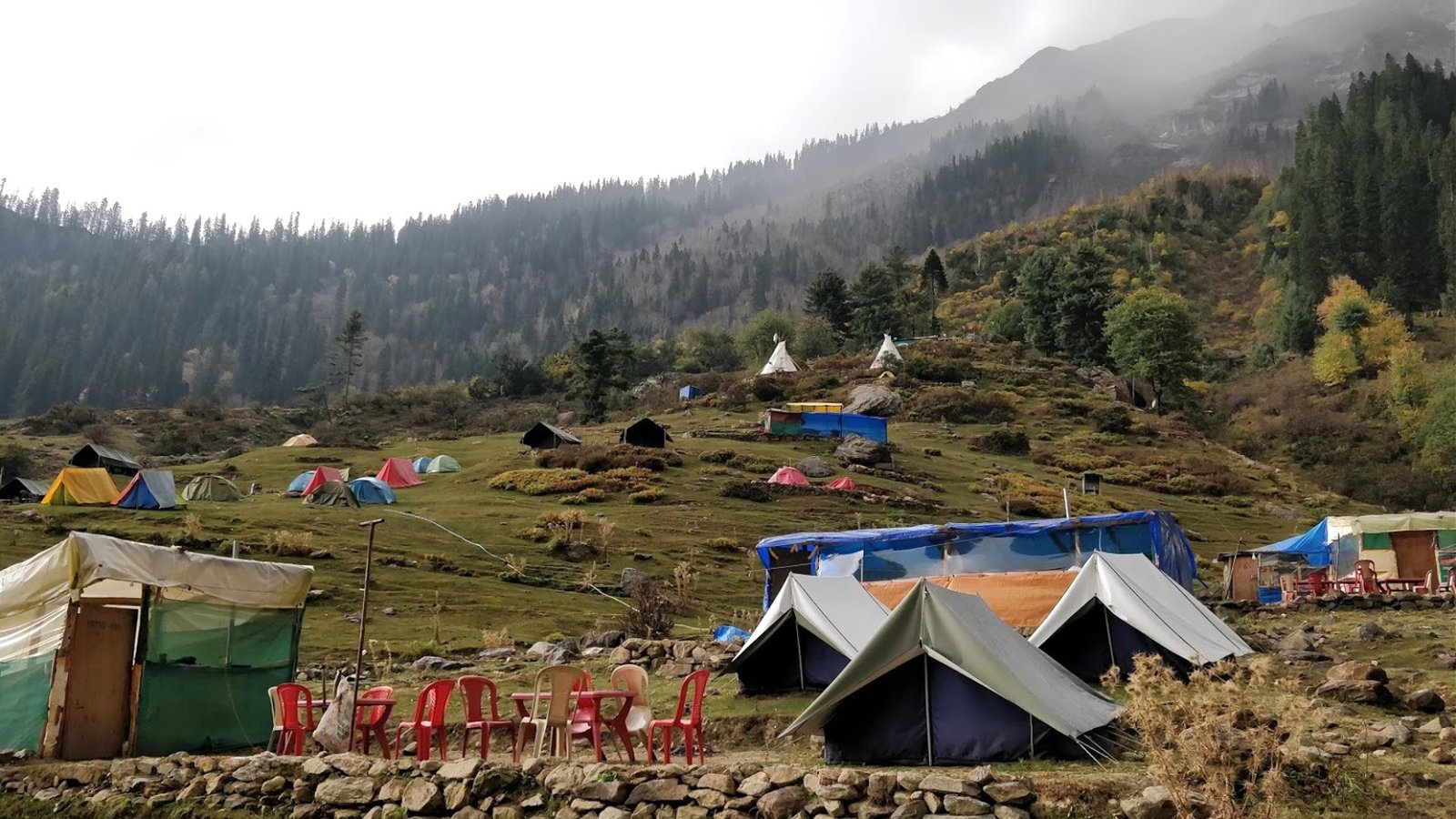
Kheerganga Trek is beautiful and adventurous, but there are some challenges to keep in mind. A few safety tips can make the trek easier and safer:
- Low Oxygen Level (Altitude Sickness)
Kheerganga is around 2,960 meters (9,711 feet) high. Some people may face problems like shortness of breath, headache, or tiredness. So, walk slowly and take enough rest. - Carry Enough Water and Food
Staying hydrated during the trek is very important. Many people get tired or dizzy because they don’t drink enough water. Carry water and light snacks (like dry fruits, chocolates, energy bars) to stay energized. - Follow the Trail and Take a Local Guide
There are different routes for the Kheerganga Trek, so there’s a chance of getting lost. New trekkers should follow marked trails, and if possible, take a local guide. This will help you stay on the right path and stay safe.
Personal Suggestions
Before going on the Kheerganga Trek, it’s very important to follow some safety tips and instructions to make your trek safe and enjoyable:
- First, physical fitness is necessary. You need some level of fitness, especially to build stamina and improve heart strength. There are steep climbs and rocky paths, so prepare your body.
- Second, carrying water and food is very important. Because you’ll walk a lot, your body will lose energy and water. So, drink water regularly and carry light food like dry fruits, chocolates, or energy bars.
- Third, you should have a good idea about the route. There’s a chance of getting lost, so if possible, take a local guide. A guide will help you with the correct path and ensure your safety.
- Fourth, be careful of altitude sickness. Since Kheerganga is at a height of about 2,960 meters, some people may face breathing problems or headaches. Walk slowly and take enough rest.
- Fifth, prepare according to the weather and season. Summer is ideal, but in monsoon or winter, conditions can be tough. So, carry proper gear like a raincoat, warm clothes, and hiking boots.
Always be cautious and don’t try to rush or take risks. If you stay calm and connected with nature, the trek will be enjoyable and safe.


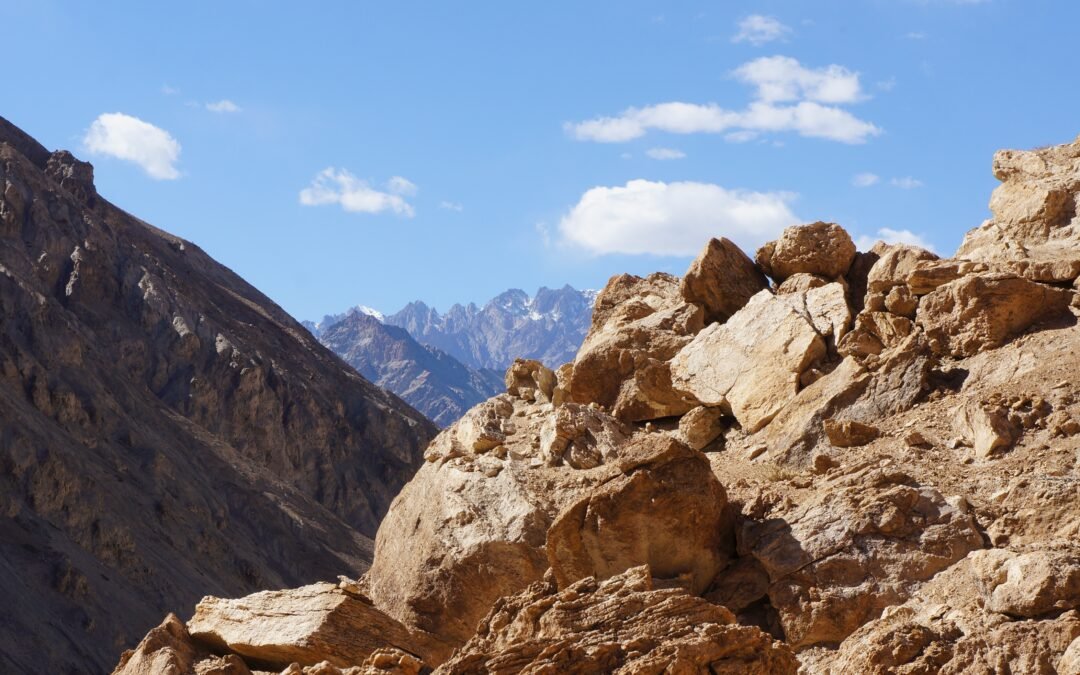



Разыскиваете проверенную помощь в наведении порядка вашей в Санкт-Петербурге? Наша группа профессионалов дает гарантию чистоту и порядок в вашем доме! Мы применяем только безопасные и действенные средства, чтобы вы могли вкушать свежестью без хлопот. Переходите https://klining-uslugi24.ru Не прозевайте шанс сделать свою жизнь проще и удобнее.